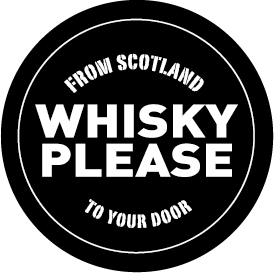Single Malt Whisky – What Is It?
Single Malt Scotch Whisky is defined as being made at one particular Scottish distillery from a mash that uses only barley.
There can be much confusion surrounding the simple word “single”. A single malt whisky is nothing more or less than the product of a single malt whisky distillery. It is not the product of a single batch or a single barrel, but a single malt whisky distillery. A single malt Glenmorangie for example, may contain whiskies from many casks / barrels produced at the Glenmorangie distillery, but it will contain only whiskies that have been produced at Glenmorangie.
Unless the whisky is described and noted as a “single cask” it will therefore contain whisky from many casks / barrels, and also probably from different years of distillation. That means the master blender can achieve a single malt whisky with a taste recognisable as bespoke to the particular distillery. The name of a single malt will invariably take that of the distillery (The Macallan, anCnoc, Laphroaig etc). It will normally have an age statement (although current ends are moving away from age statements to a degree), and some indication of any finishing treatments the single malt whisky has had; like a port finish.
Single malts are typically associated with single malt Scottish whisky, though they are also produced in various other countries. Under Scotch Whisky Regulations, a “Single Malt Scotch Whisky” must be made exclusively from malted barley (although the addition of E150A caramel colouring is allowed). It must be distilled using a pot still, and must be aged for at least three years in oak casks of a capacity not exceeding 700 litres (150 imperial gallons; 180 US gallons).
An age stated on a bottle of Scotch whisky, must reflect the age of the youngest whisky used to produce that product. A whisky with an age statement is known as guaranteed age whisky.

